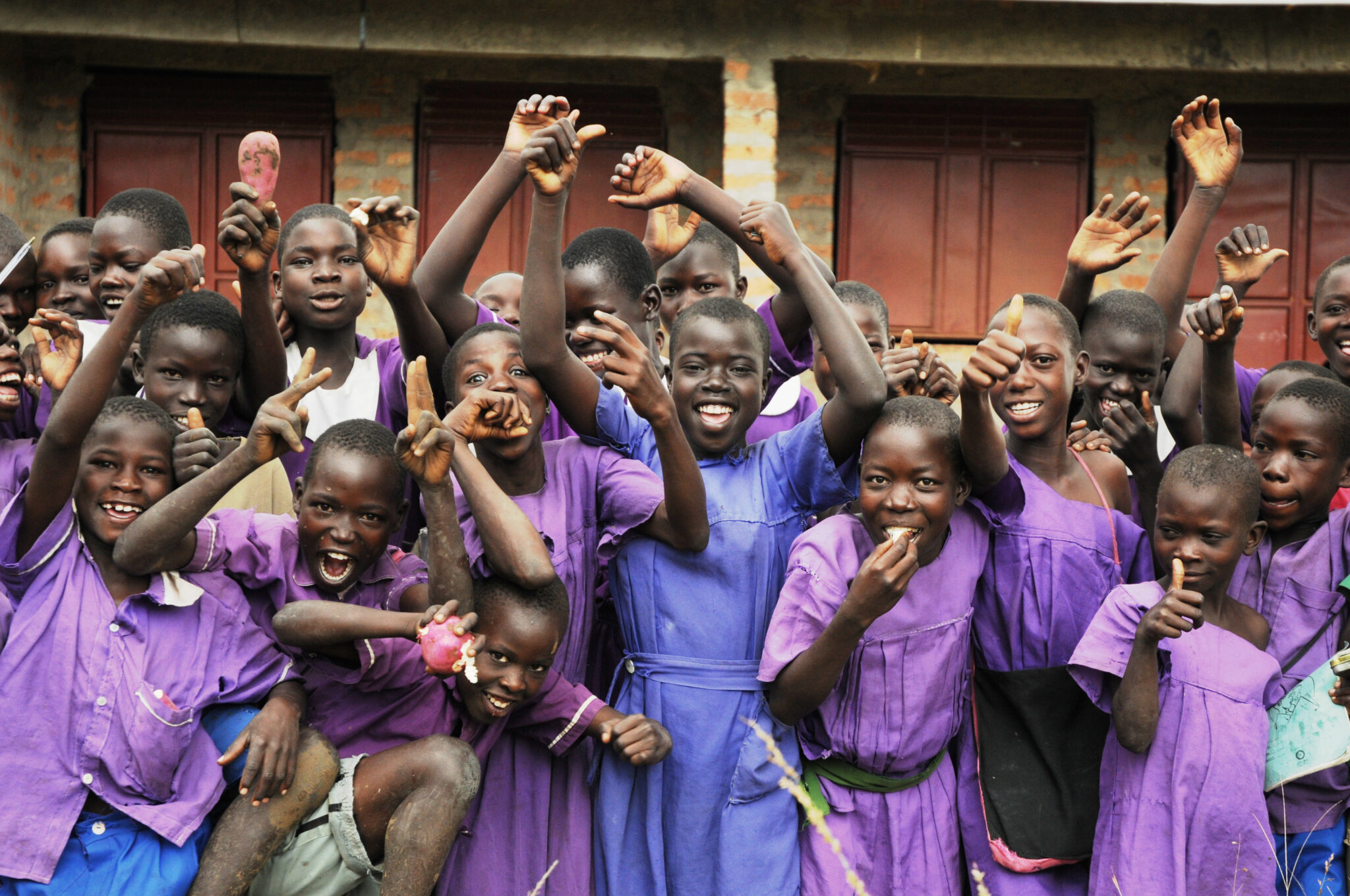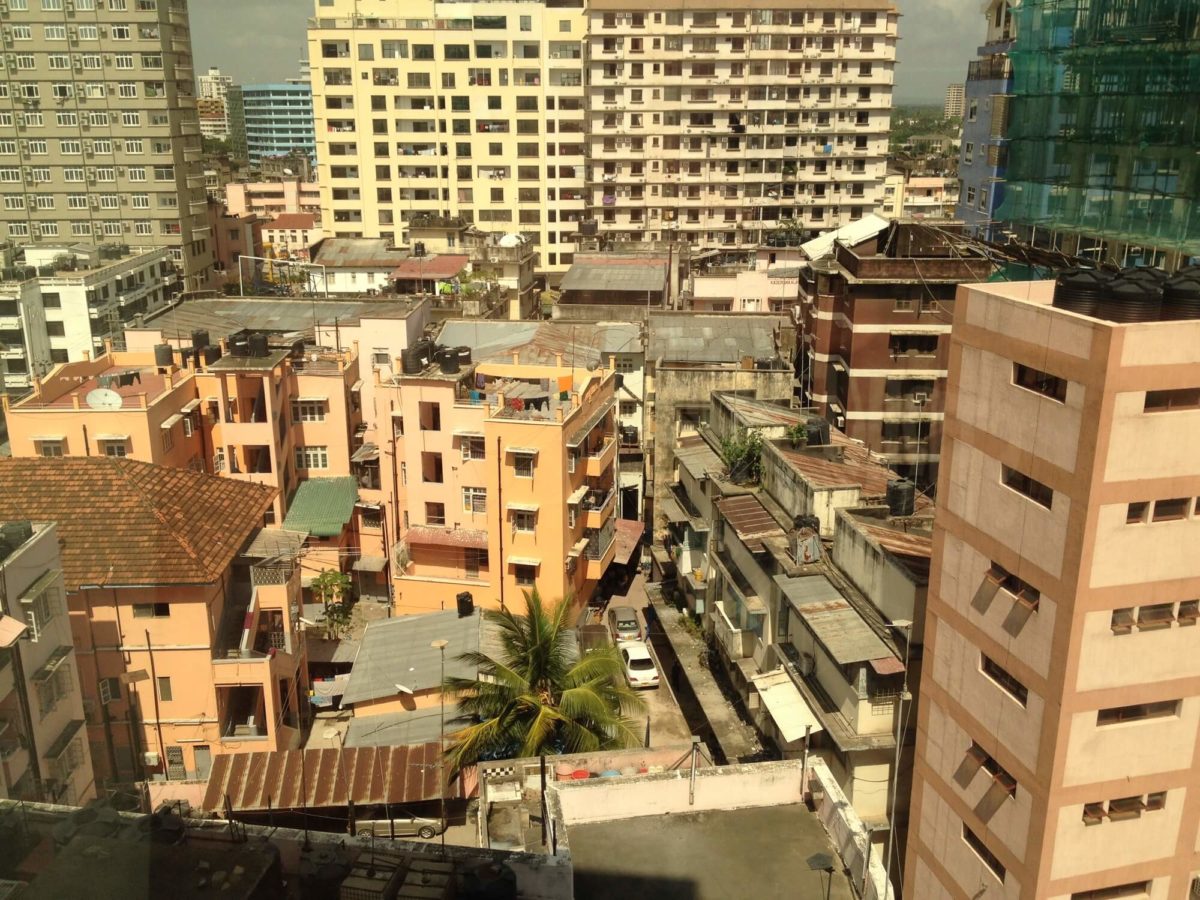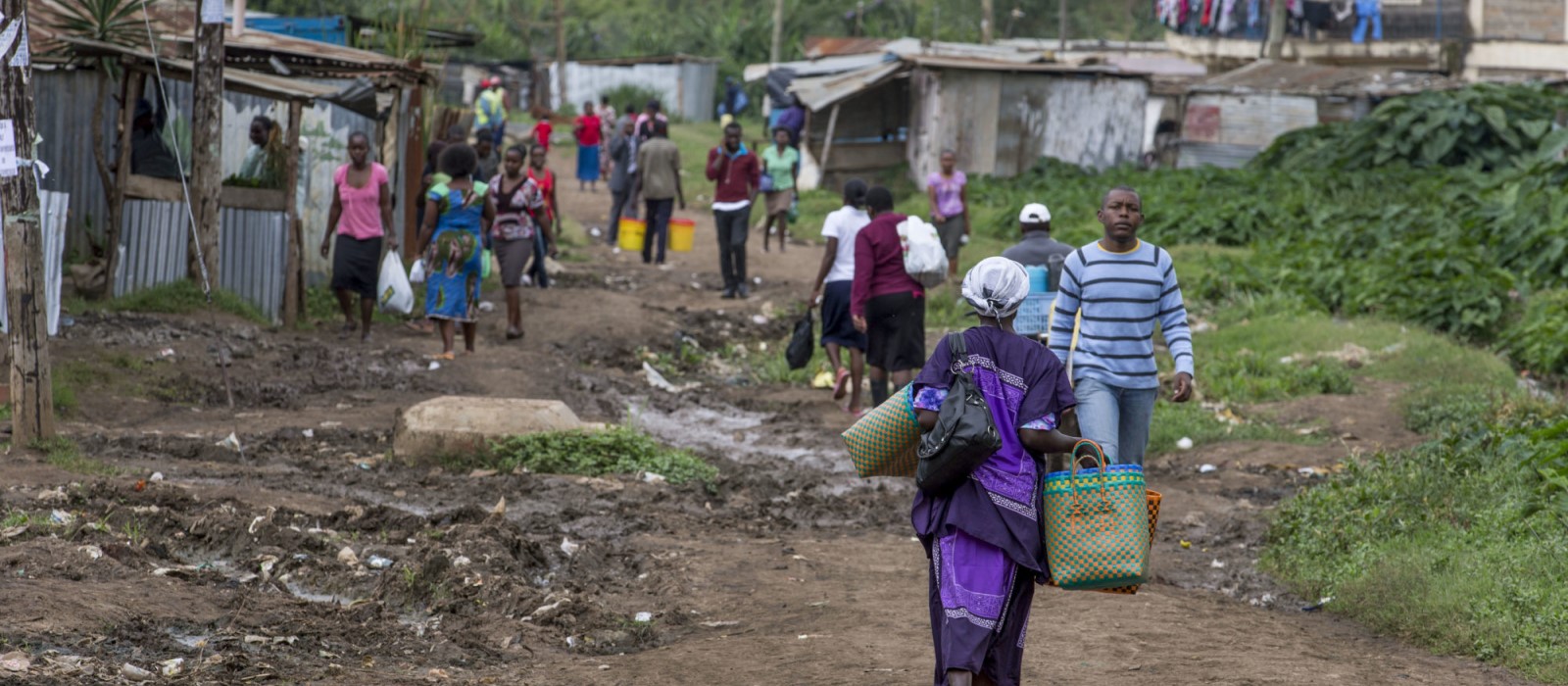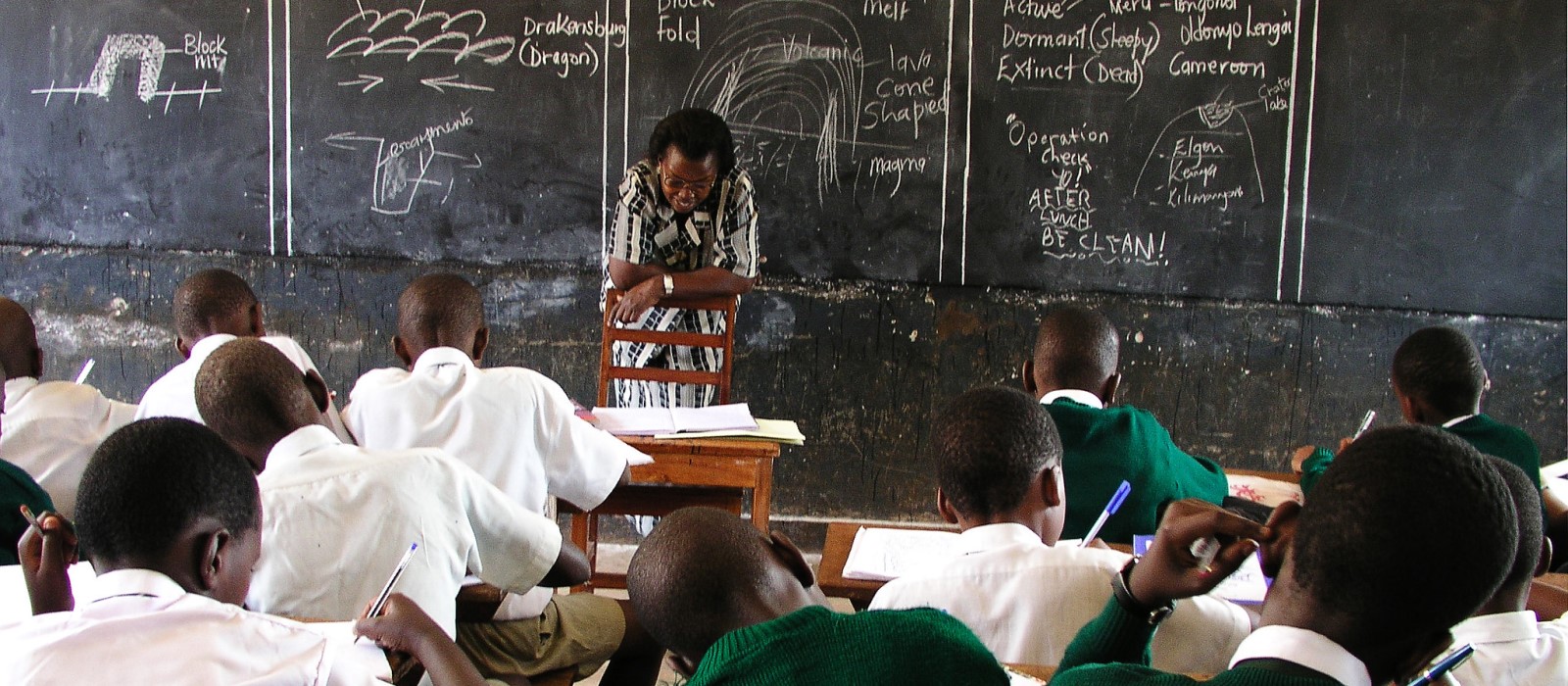Using Group Interpersonal Psychotherapy to Improve Adolescent Girls’ Wellbeing in Uganda

Wikimedia Commons
Study Context
Mental health disorders pose a serious threat to adolescent wellbeing, with implications that stretch well beyond teenage years to impact adult livelihoods. Most mental disorders that last into adulthood start within 12-24 years of age and neuropsychiatric disorders are now a primary cause of disability in adolescence. Cognitive behavioral therapy and interpersonal psychotherapy are commonly used to treat depression and offer an avenue for improving mental health. This project tests whether a low-cost and scalable psychotherapeutic health intervention, and the addition of an unconditional cash transfer, impacts adolescent girls’ mental health and other outcomes of wellbeing.
Study Design
The project leverages a partnership with Strong Minds Uganda and BRAC Uganda’s Empowerment and Livelihood for Adolescents (ELA) clubs which offer youth after-school programming in a welcoming and safe environment. In 106 Ugandan villages, ELA clubs were randomly divided into three groups. In the first group, in addition to typical ELA programming, adolescent girls received 14 weeks of group-based interpersonal psychotherapy. In the second group of clubs, girls received the psychotherapy and a one-time cash transfer at the end of the program. A third (control) group of clubs offered typical ELA programming with no curriculum changes.
Results and Policy Lessons
The project will measure primary outcomes related to participating girls’ mental health and wellbeing (including depression, resilience and self esteem) and secondary outcomes related to human development and reproductive health (including school enrollment, incidence of pregnancy and child marriage, and condom use). To understand longer-term effects, follow-up surveys will take place 12 and 24 months after the study began. Preliminary results suggest small short-run improvements in mental health outcomes directly at the end of therapy, but also significant decreases in depression symptoms for participants who didn’t receive the therapy or cash (a finding consistent with other studies like Baranov et al. 2020). There were no statistically significant short or one-year effects on human capital outcomes. Forthcoming two-year follow-up results will provide more information about the intervention’s impact on mental health and human capital outcomes, particularly in relation to the COVID-19 pandemic.




